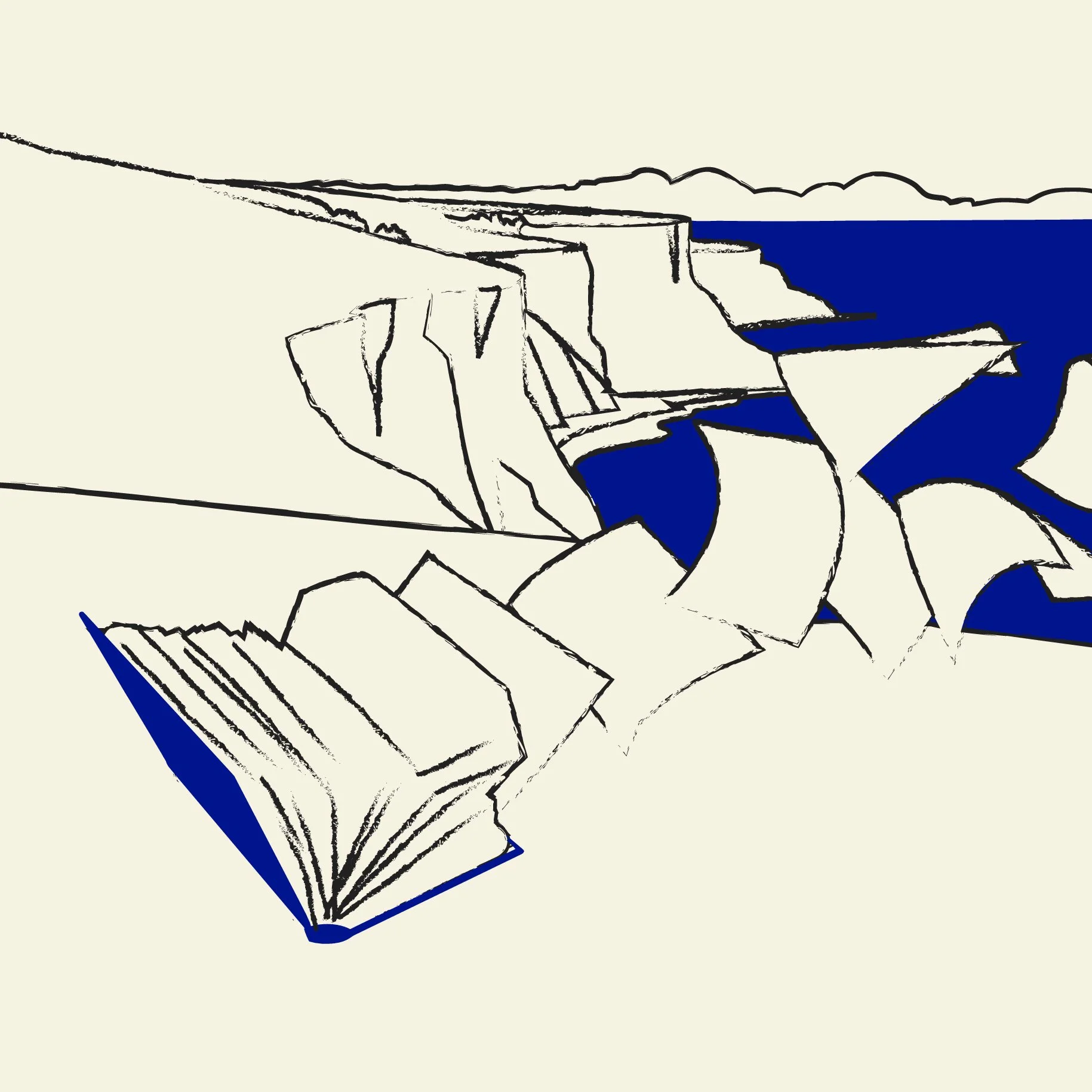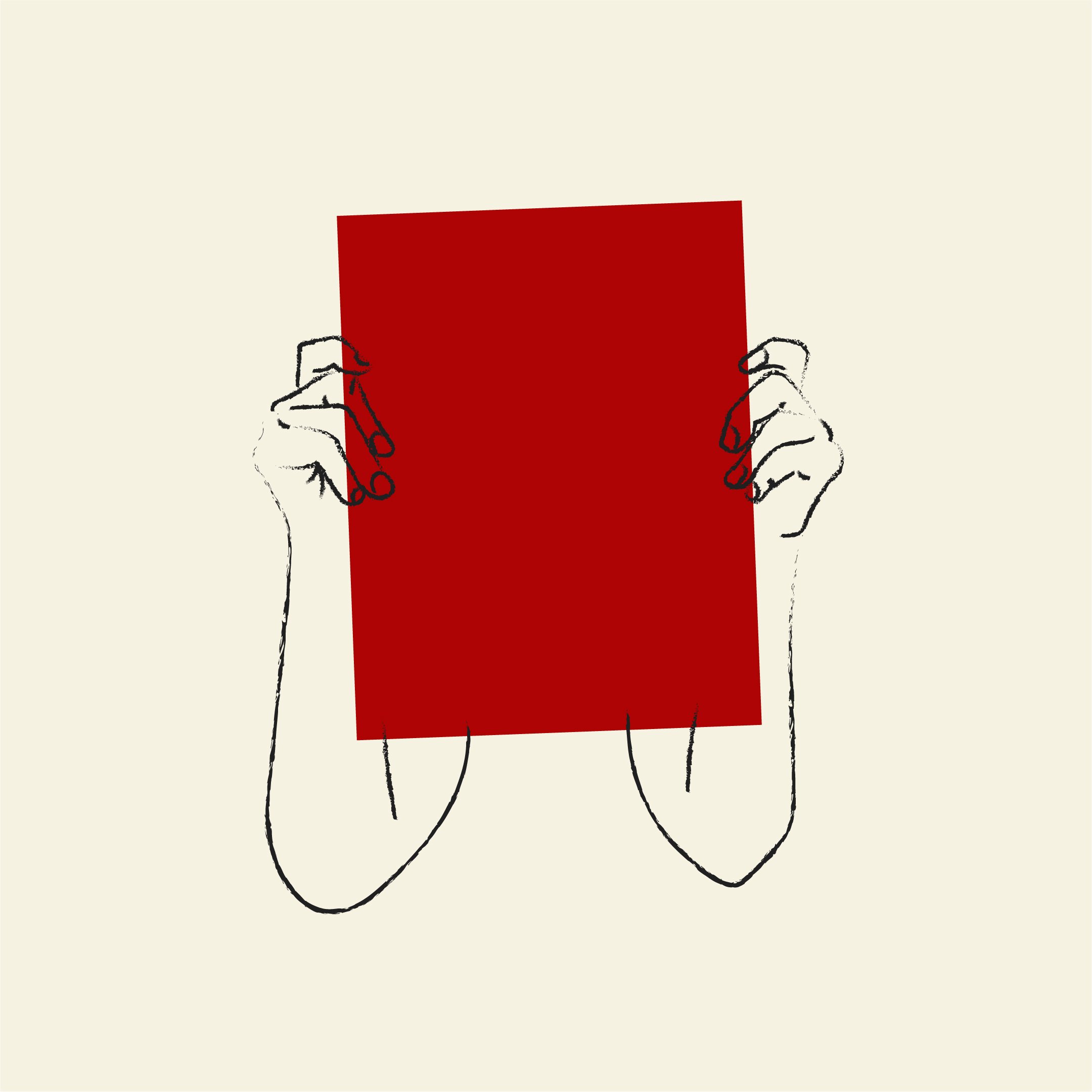Wartime Poems
Вірші з часів війни
OCTOBER 10, 2023
Bird the Knife
I like to sharpen knives, or rather, I hate dull ones.
If there is no knife sharpener, I hone the blade against the ceramic,
against concrete, against a clay bird. Oh beautiful bird, you are a knife.
Despite the explosions, they chirp on schedule —
in parks and gardens, in forests you’re not allowed to enter
during wartime. And we guess:
that’s a jay on a poplar, an oriole, a thrush on a fir tree,
it’s not clear what on, unclear why.
Oh beautiful bird, you are a knife!
At night, all the birds fell silent, and I heard a clamor outside:
a madman shouted at the tram track, and wildly cursed at it.
And I remembered how at this time, when the trees are in bloom,
Birds woke me up at four o’clock in the slaughtered Vorzel —
I drowsily walked across the field to the lake in the slaughtered Bucha nearby,
waking up ugly hares in last year’s flowers
that left faded fluff on the tops… I remembered.
In all the beautiful things that we remember about these places —
about Mariupol’s acacia thickets and Kramatorsk’s factories
at dawn, about the dancing pensioners in Kharkiv’s park and songs
in the underground churches of Chernihiv – it will arise everywhere
a knife, a dagger, or at least a pocket knife, will be everywhere
slaughtered acacias and factories, slaughtered dances and singing,
oh beautiful bird.
Measures to protect cultural heritage
Mustached guys
drag scaffolding along cobblestones
like a bunch of trombones and flutes.
Mustached guys wrap fountain sculptures with foam rubber
and cellophane to protect them from missiles.
Mustached guys tell a funny joke
which I’ve already forgotten,
cigarette butts form a row along the curb.
And then a scream around the corner —
scary, as if it had been said that these sculptures
will never be unwrapped again:
mustached guys search for a bomb shelter with their eyes –
but instead
a boy appears with a pink saber
and four others follow him.
✺ Published in “Issue 9: Weapons” of The Dial
Птаха-ніж
Люблю гострити ножі, точніше, ненавиджу тупі.
Якщо немає точилки, гострю лезо об кераміку,
об бетон, об глиняну пташку. Прекрасна птахо, ти ніж.
Попри вибухи, вони щебечуть за розкладом
у парках і садах, у лісах, до яких заборонено ходити
протягом дії воєнного часу. І ми вгадуємо:
то на тополі сойка, то іволга, то дрізд на ялиці
ото не зрозуміло що на незрозуміло чому.
Прекрасна птахо, ти — ніж!
Уночі всі птахи замовкли, і я почув надворі галас:
шаленець кричав на трамвайну колію, материв її дико
І я згадав, як у цей час, коли розпускаються дерева,
о четвертій мене будили птахи у зарізаному Ворзелі —
я сонний ішов полем до озера в зарізаній Бучі поряд,
будячи в торішніх квітах некрасивих зайців,
що залишали полинялий пух на бадиллі… Згадував.
У всьому прекрасному, що згадуватимемо про ці місця —
про зарості акацій Маріуполя і заводи Краматорська
на світанку, про танці пенсіонерів у парку Харкова і спів
у підземних церквах Чернігова — всюди виникатиме
ніж, ножище чи хоча б маленький ножичок, всюди будуть
зарізані акації і заводи, зарізані танці і зарізаний спів,
прекрасна птахо.
Заходи з порятунку культурної спадщини
Вусаті дядьки
тягнуть бруківкою риштування,
ніби купу тромбонів і флейт
Вусаті дядьки обмотують поролоном і целофаном
скульптури на фонтанах, щоб уберегти від ракет.
Вусаті дядьки розказують смішний анекдот,
який я уже забув,
в рядочок складають недопалки на бордюрі.
І потім крик за рогом —
страшний, ніби сказано, що ці скульптури
більше ніколи не будуть розмотані:
вусаті дядьки очима шукають бомбосховище —
а то
вибігає один із рожевою шабелькою
і за ним ще четверо хлопчиків.



